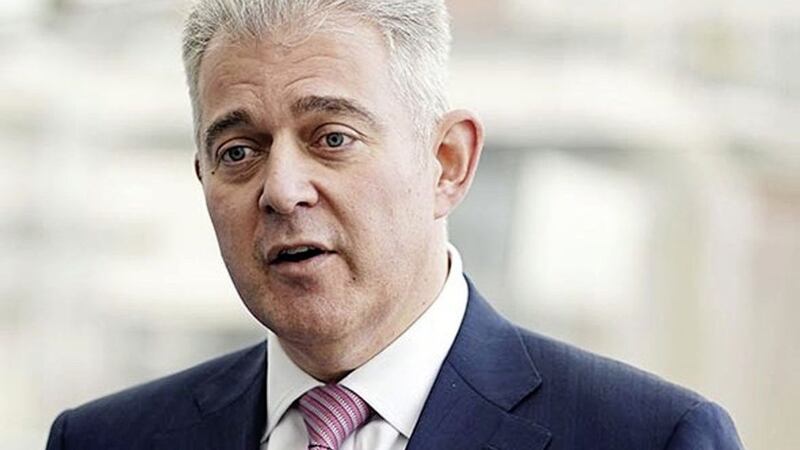It was the Attorney General, I think. My memory for detail was never great.
The meeting turned into an argument about consensus. About its definition, its intricacies and its implications.
I was aware of the layered meaning of the word. If there are nine people and all agree, then there is consensus. If nine are asked a question and the greater number agree the answer, then it can be claimed that is the consensus to the question. The second consensus is mostly (but not completely) what happened in bringing about the Good Friday Agreement.
All of those arguments would have been interesting, if a bit heavy and heady. But that was not the nub of the argument I was having with the Attorney General.
The argument was about who would decide what the consensus was. And the answer to that question was crystal clear. The Secretary of State for Northern Ireland would decide what the consensus was to the issue that was being discussed. Even though it got up my goat on that day and it sounds dictatorial and arrogant, the reality is that the statement is truthful, realistic, and sometimes even necessary. My gripe on that occasion was that a thorough consultation had taken place on the issue that was being discussed and the secretary of state was reserving the right to ignore or overthrow the only consensus that existed.
The story partly describes the complexity and the fragility of putting too much store in the vagaries of political consensus. The word and the concept have come into vogue in recent months, because of the protocol and the assumed centrality of the Good Friday Agreement. It has become the darling word beloved by unionism, popping out of every politician’s mouth. It would be very tempting to tease and bait those who would have once considered the word unseemly in the world of politics. But beyond the teasing, there is a danger that political unionism is again walking into a self-defeating vortex and that they are either ignoring it or too angry to see it.
The claim is that there is no consensus for the Irish Sea border; the tactic is to withdraw from the central institution of the Good Friday Agreement. If they don’t get the sea border removed or alternatively find a way to slink back into Stormont on the back of lesser changes, the next step in the sequence of events will be direct rule from Britain. The DUP and the TUV will claim that as a partial victory. But it will be a pyrrhic one.
It is no victory because there is a hole in the middle of the strategy. The hole is that there is no consensus for direct rule. Republicans, nationalists, and the Irish government will not give consent to direct rule from England. All the arguments and all the logic invoked about the Good Friday Agreement and protocol will be invoked with the same passion, this time to make the argument against direct rule. The calls for joint authority by the two governments will be resurrected, but with greater ferocity. Just as I write this, I hear a discussion on the radio about what joint authority would look like. It has started sooner than I would have anticipated. The Irish government will not welcome the development but their professed antagonism to direct rule will leave them with no other option.
All of this, if it were to happen, will further undermine the foundations of the union with Great Britain. Despite the present poor relations between the two governments, the vacuum will force them to take hold of the situation. The Good Friday Agreement will be relegated to a secondary position and replaced with the foundational stone of the Anglo/Irish Agreement.
As the Attorney General reminded me about who decides on consensus, governments don’t take their hands off the levers of power.









